New Delhi: With the aim of establishing India as a global electric vehicle (EV) manufacturing hub, the central government has notified detailed guidelines for its much-anticipated scheme aimed at attracting foreign investment in domestic EV production.
Under the Scheme to Promote Manufacturing of Electric Passenger Cars in India (SPMEPCI), automakers pledging to invest at least Rs 4,150 crore ($486 million) in local EV manufacturing will be allowed to import up to 8,000 electric cars at a sharply reduced customs duty rate of 15 per cent, compared to the prevailing 70 to 100 per cent.
The Ministry of Heavy Industries (MHI) notified the operational guidelines on 2 June, setting the stage for global carmakers to apply under the scheme once the application window opens, expected in the coming weeks.
This scheme, originally announced on 15 March 2024, is designed to attract premium automakers, facilitate technology transfer, and strengthen India’s EV supply chain ecosystem.
Key Provisions of the Scheme
To be eligible for the scheme, automakers must meet stringent investment and compliance criteria. Companies must:
- Invest a minimum of Rs 4,150 crore in India within three years of approval.
- Establish a new EV manufacturing facility or upgrade an existing one, with a physical demarcation required in case of brownfield investments.
- Commence domestic manufacturing operations within three years of approval
- Achieve 25 per cent domestic value addition (DVA) within three years and 50 per cent DVA within five years.
The policy caps the maximum customs duty benefit per applicant at Rs 6,484 crore. Eligible investments include expenditure on plant, machinery, research and development (R&D), and utilities.
While land costs are excluded, construction of buildings forming part of the main facility is allowed, up to 10 per cent of the committed investment. Spending on charging infrastructure is permitted up to 5 per cent of the total investment.
Safeguards and Oversight
It has been stated that to ensure compliance, applicants must provide a bank guarantee equivalent to the greater of Rs 4,150 crore or the total foregone customs duty.
This guarantee will remain valid for the duration of the five-year import benefit period and can be invoked if investment and localisation commitments are not met.
The central government will enforce DVA certification through agencies approved by the Ministry of Heavy Industries. Only products manufactured in India by approved applicants will qualify for such certification.
The Standard Operating Procedure (SOP) laid down under India’s Production Linked Incentive (PLI) scheme for the auto sector will guide the DVA assessment.
Eligibility Criteria for Applicants
Automakers seeking benefits under the scheme must demonstrate:
- A minimum global revenue of Rs 10,000 crore from automotive manufacturing, based on the latest audited financials.
- A minimum global investment of Rs 3,000 crore in fixed assets such as plant and equipment.
Additionally, a non-refundable application fee of Rs 5 lakh will be levied per applicant. The application window will remain open for at least 120 days, with the possibility of reopening periodically until 15 March next year at the Ministry’s discretion.
Strategic Implications
By offering reduced import duties for premium EVs in exchange for local investment, the Centre is believed to be seeking to balance market access with the imperative to build domestic capacity.
The policy is expected to appeal to major international players, especially those looking to tap into India’s growing EV market without immediately setting up full-scale manufacturing.
Officials believe the scheme will lead to job creation, encourage innovation through R&D and result in long-term gains for India’s clean mobility agenda.





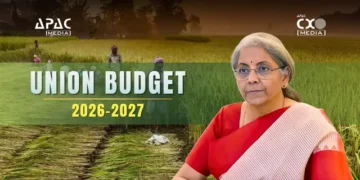




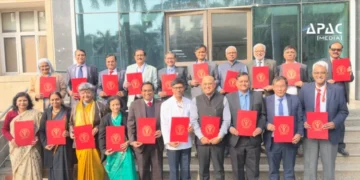














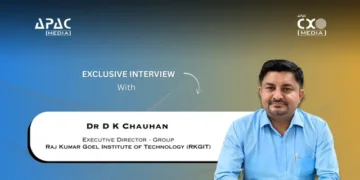

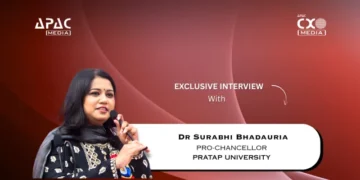
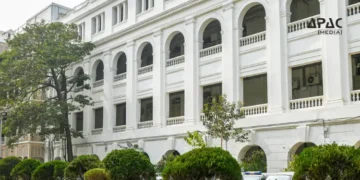

















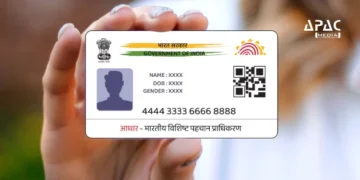
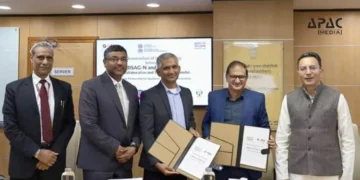











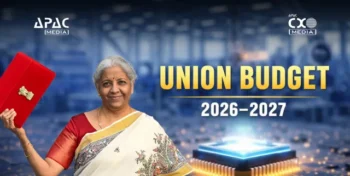







Discussion about this post